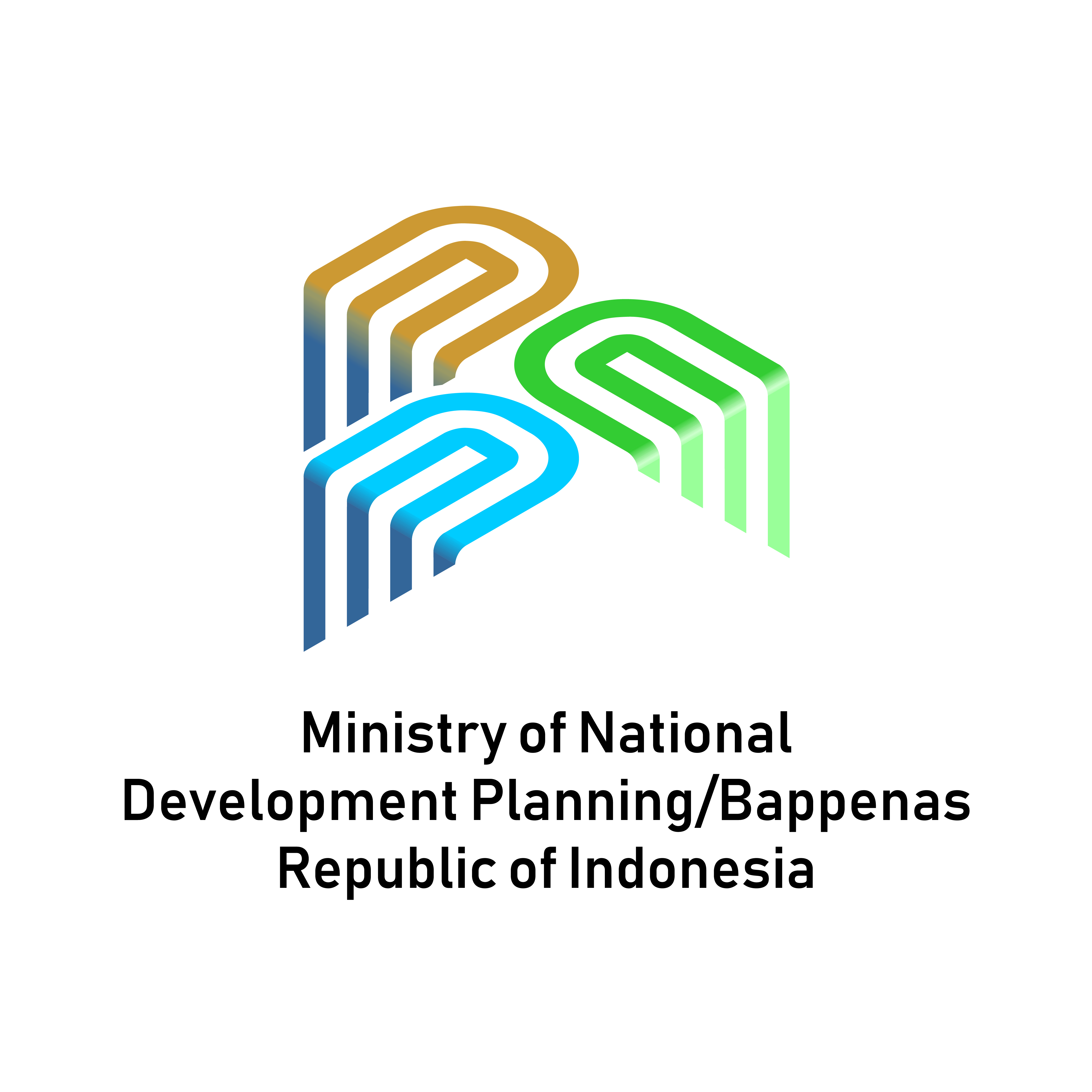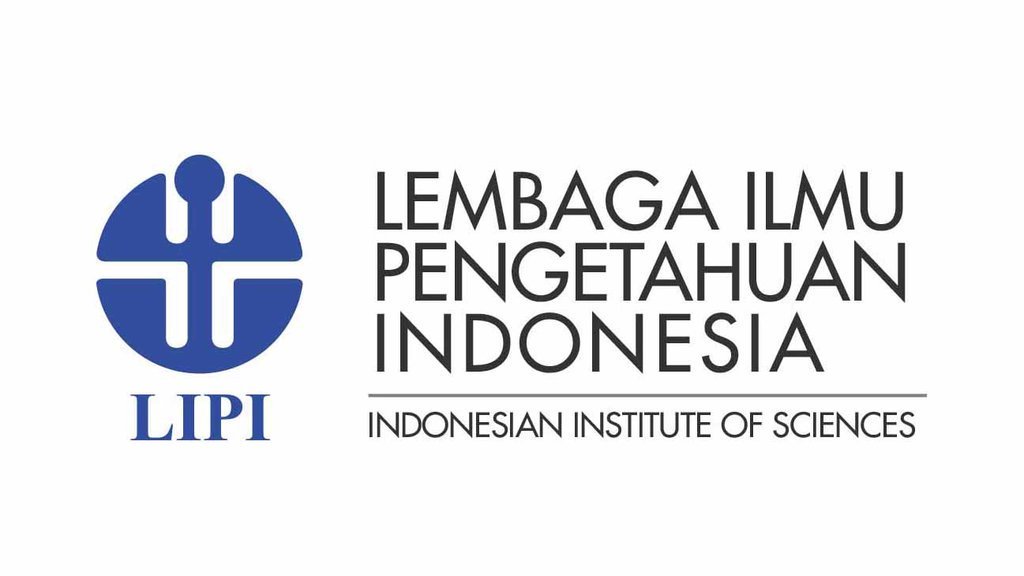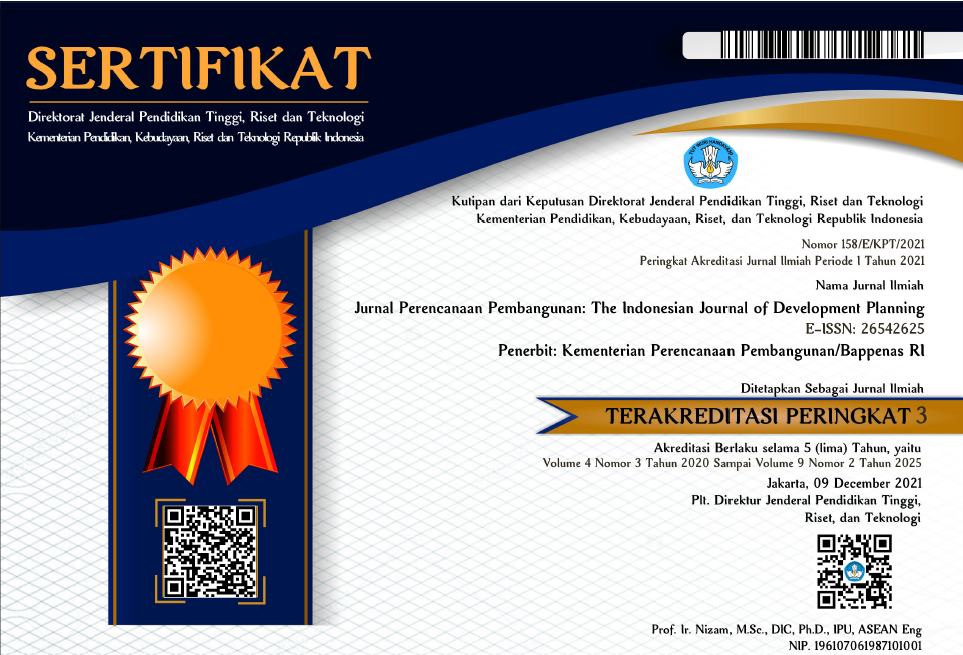The Civil Registration: Is It a Right for Vulnerable Groups?
DOI:
https://doi.org/10.36574/jpp.v5i3.229Keywords:
legal identity document, civil registration, legvulnerable groups, outreachs, public servicesAbstract
A legal identity document is the right of every citizen because it is a prerequisite in accessing public services. This study aims to assess the implementation of Presidential Regulation Number 62 of 2019 on the National Strategy of Strengthening Civil Registration and Vital Statistics (Stranas Percepatan AKPSH), which focuses on regulatory synchronization and services at a local level. A qualitative analysis approach was used, consisting of a literature study and in-depth interview methods. The research sample includes ministries/agencies at the central level, also several local governments, i.e., Palu City, Bantul Regency, Muaro Jambi Regency, East Sumba Regency, DKI Jakarta Province, and Surabaya City. The study shows that the central government has made policies to facilitate vulnerable groups in CRVS access. Local governments have policies that make it easier for vulnerable groups to get CRVS access; innovate administrative services; carry out socialization, advocacy, and education efforts involving third parties; and increase cooperation between regional government organizations (OPD) in implementing integrated civil registration services. However, there are still vulnerable groups that are not accommodated. Implementation at the regional level still has infrastructure readiness, human resources, and required special data collection team availability. Therefore, the determination of the vulnerability category becomes essential. This study recommends that it is necessary to create an additional classification of vulnerable groups in CRVS. In addition, it is essential to strengthening outreach to vulnerable groups in CRVS, especially at the regional level.
Downloads
References
Peraturan Menteri Dalam Negeri Nomor 19 tahun 2018 tentang Peningkatan Kualitas Layanan Administrasi Kependudukan, (2018).
KOMPAK, & PUSKAPA. (2020). Menyambung Rantai Inklusi?: Memahami Kerentanan dalam Sistem Administrasi Kependudukan di Indonesia.
Pusat Kajian dan Advokasi Perlindungan dan Kualitas Hidup Anak (PUSKAPA). (2020). Studi Kerentanan Administrasi Kependudukan.
Rijanta, R., Sartohadi, J., Baiquni, M., & Hizbaron, D. (2019). Urban Vulnerability in Bantul District, Indonesia – Towards Safer and Sustainable Development. 726. https://doi.org/10.3390/wsf-00726
Undang-Undang Nomor 24 tahun 2013 tentang Administrasi Kependudukan, 232 (2013).
Undang-Undang Nomor 16 tahun 2019 tentang Perubahan atas Undang-Undang Nomor 1 tahun 1974 tentang Perkawinan., 186 (2019).
Keputusan Presiden Nomor 12 tahun 2020 tentang Penetapan Bencana Non-Alam Penyebaran Coronavirus Diseases 2019 (COVID-19) sebagai Bencana Nasional., (2020).
Sugiyono. (2018). Metode Penelitian Kuantitatif, Kualitatif dan R&D.
Suthar, A. B., Khalifa, A., Yin, S., Wenz, K., Fat, D. M., Mills, S. L., Nichols, E., AbouZahr, C., & Mrkic, S. (2019). Evaluation of Approaches to Strengthen Civil Registration and Vital Statistics Systems: A Systematic Review and Synthesis of Policies in 25 Countries. PLoS Medicine, 16(9), 1–21. https://doi.org/10.1371/journal.pmed.1002929
Widarti Gularsih Sukino, Muhammad Ahsan Samad, Nasir Mangngasing, & Abdul Rivai. (2019). Disaster Mitigation Management of Palu City. Journal of Public Administration and Government, 1(2), 1–8. https://doi.org/10.22487/jpag.v1i2.26
Downloads
Published
How to Cite
Issue
Section
License
This is an open-access article distributed under the terms of the Creative Commons Attribution-NonCommercial-ShareAlike 4.0 International License. Copyright © Kementerian PPN/Bappenas RI


















